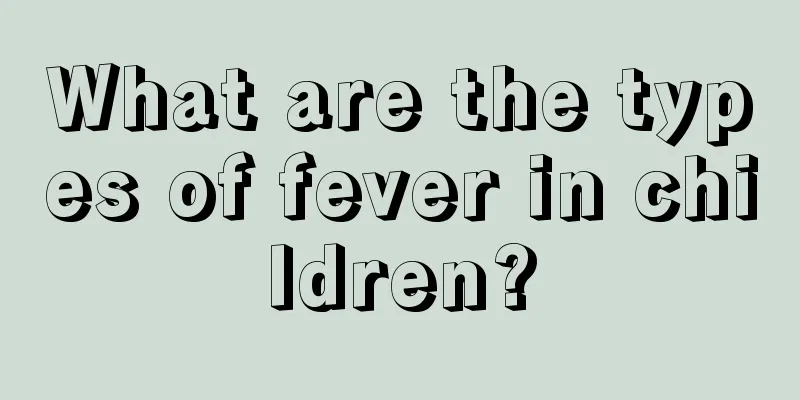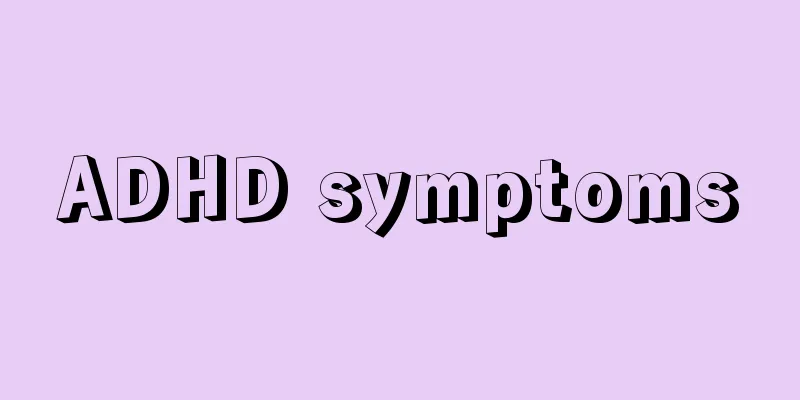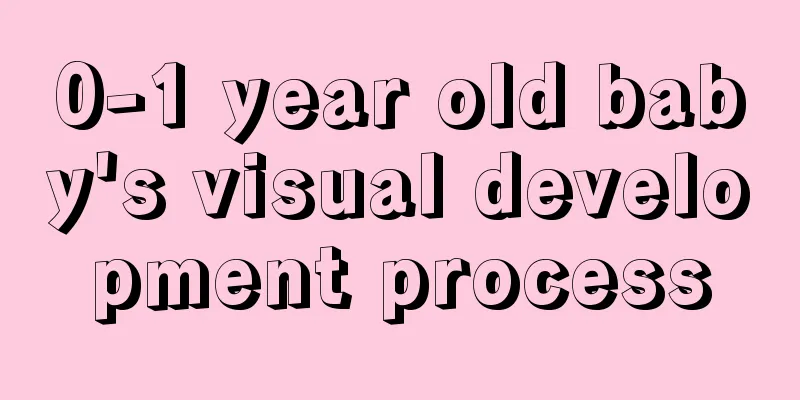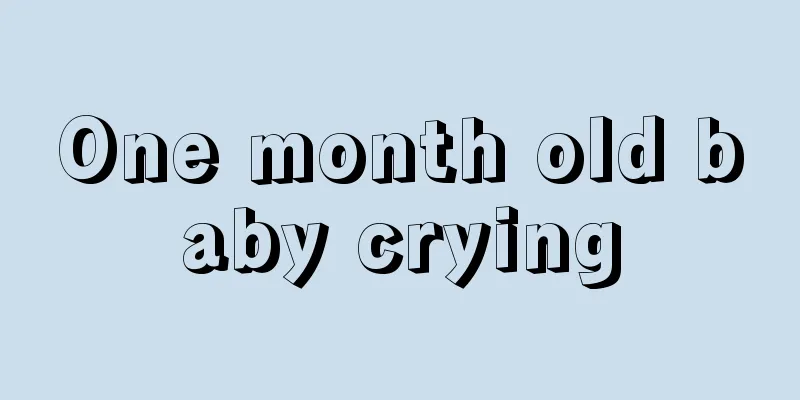Why can't babies eat salt?
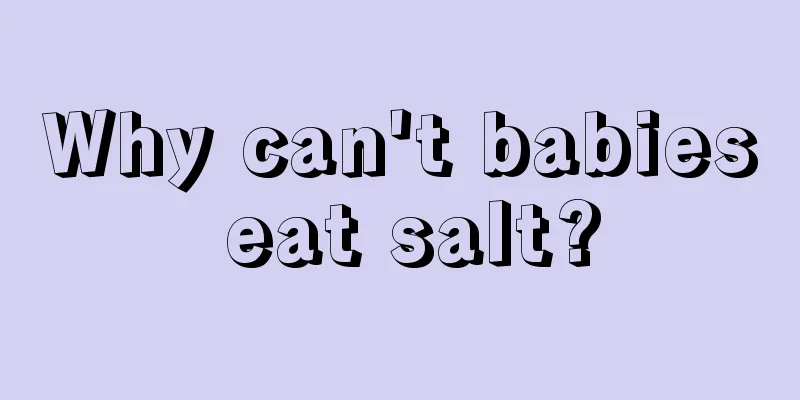
|
Salt is a seasoning we often add when cooking, and the amount of salt added varies depending on each person's taste. The baby is young, so you should be careful not to add salt when cooking for the baby. Babies have relatively low body resistance and are not suitable for eating particularly salty foods. So why can't babies eat salt? Why can't babies eat salt? The baby's kidney function is not fully developed and is not sufficient to absorb too much salt. Excessive salt intake will increase the burden on the kidneys and the heart, thus affecting the baby's growth and development. Excessive salt intake will inhibit the reproduction of oral mucosal epithelial cells, reduce oral saliva secretion, and lead to a decrease in the amount of lysozyme contained in saliva. Lysozyme has a bactericidal effect. Its reduction will reduce the oral cavity's defense function against bacteria and viruses, thereby weakening the baby's disease resistance. Babies have a very sensitive sense of taste, and they will feel that something is delicious even with just a little bit of salt. If the baby consumes too much salt, even if he feels it is very salty, he cannot express it and can only slowly adapt to the saltiness. Eventually, the taste becomes stronger and stronger, and the development of taste is seriously affected. The dangers of excessive salt intake in infants To prepare three meals a day, salt is essential. Salt is one of the important condiments we need in our lives. It is because of the existence of salt that we can make our meals taste delicious! But for babies, this is not the case. Babies are different from adults and have different salt requirements. If the amount of food you give your baby is set according to the needs of adults, it will inevitably cause the baby to consume too much salt. So what are the dangers of eating salt for babies? Let’s get to know you right away. 1. A high-salt diet can reduce oral saliva secretion and lysozyme accordingly, which is conducive to the existence of various bacteria and viruses in the upper respiratory tract. 2. After a high-salt diet, the osmotic effect of salt can kill the normal parasitic flora in the upper respiratory tract, causing dysbacteriosis and leading to illness. 3. A high-salt diet can inhibit the reproduction of oral mucosal epithelial cells, causing them to lose their disease resistance. 4. A high-salt diet will affect the absorption of zinc in children and cause zinc deficiency in children. 5. A high-salt diet will increase the burden on the baby's heart and kidneys. Your baby's kidneys are not yet fully developed and are not strong enough to absorb excess salt. If too much salt is added to complementary foods, it will increase the burden on the baby's kidneys and heart, thereby damaging the kidney and heart functions. Moreover, a high-salt diet habit formed from a young age is not easy to correct when you grow up, and a high-salt diet habit can easily cause diseases such as high blood pressure. |
<<: How long does it take for a baby to stand?
>>: Is it OK for a baby to stand up too early?
Recommend
Symptoms of poor absorption in babies and ways to improve them
If the baby's digestion and absorption are po...
Why do children get Kawasaki disease?
Many people may not have heard of Kawasaki diseas...
Will long hair affect the development of girls?
Nowadays, many mothers of baby girls like to grow...
Why do children vomit at night?
When feeding children, parents must take into con...
What is the reason for a four-month-old baby to have a fever and diarrhea?
Some newborns will have loose watery stools. The ...
What are the early symptoms of baby pharyngitis
Many people in life are still relatively unfamili...
Is it harmful to have my child have their teeth straightened?
Children's dental health is very easy to be d...
Baby nails are purple
I recently saw a special interview on TV. There w...
What to do if your child has poor coordination skills
We all know that people's coordination abilit...
Treatment for children crying at night
Children's crying at night often makes us par...
Reasons for baby's nosebleed during sleep
I believe everyone is very familiar with symptoms...
What are the symptoms of bronchitis in children
Generally speaking, children with bronchitis will...
What should I do if my baby is prone to prickly heat?
When it gets hot in summer, babies tend to sweat ...
What to do if your baby is frightened
Babies are easily frightened when they are young....
Side effects of cod liver oil for babies
Every parent hopes that their children can grow u...
